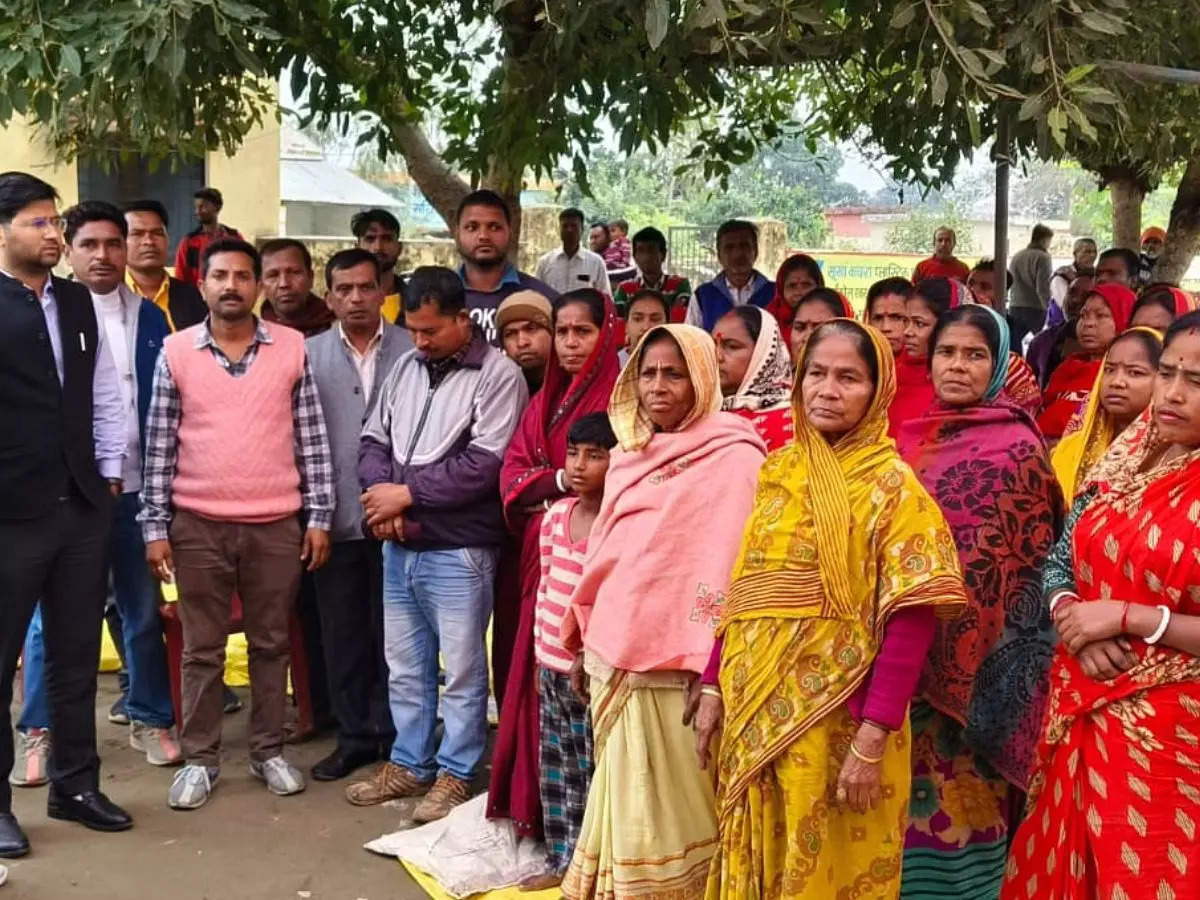
Pilibhit: Around 166 community health officers (CHOs) posted at health and wellness centers (HWCs) in Pilibhit began an indefinite strike on Friday, following a directive from their state union, the Association of Community Health Officers (ACHO).
State general secretary of ACHO, Janak Singh, said the strike will continue until their demands are met by the state medical administration.
The CHO strike is expected to severely impact health and medical services in rural areas. HWCs, introduced in 2018 as part of the Indian govt’s Ayushman Bharat mission, aim to deliver comprehensive primary health care, including maternal and child health services, non-communicable diseases management, and the provision of free essential drugs and diagnostic services. The ACHO has submitted a memorandum of demands to the principal secretary of health in Uttar Pradesh.
Singh said, “Our prime demands include the payment of remunerations to CHOs in accordance with the recommendations of the Rizvi Committee. ACHO was compelled to initiate the state-wide indefinite strike after the UP state director of the National Health Mission ignored their demands during a meeting on Aug 28 in Lucknow.”
Currently, CHOs receive a monthly payment of Rs 20,000 for their 7-hour daily services, but this would increase to over Rs 50,000 if the Rizvi Committee’s pay scale was implemented.
“This system is already in practice in many states, including Madhya Pradesh, Haryana, Bihar, Meghalaya, and Manipur,” Singh added.
“Other key demands include the withdrawal of the Attendance Management System (AMS), which has been imposed exclusively on CHOs in the entire health department, the regularization of CHOs after six years of effective service, a voluntary transfer facility, the mandatory provision of free health insurance, and measures to ensure the safety and security of female CHOs working in remote village areas. It is quite ironic that health warriors themselves are left by the government to face the deprivation of health insurance,” Singh said.
He added a large number of over 20,000 CHOs are serving the state, including over 60 per cent women officers. Many women CHOs posted in remote village areas have been molested during their duty hours as the government has not provided any protection to them. This situation is unfortunate and intolerable.







